Chronological Understanding
Sequencing, events, stories, pictures and periods over time to show how different times relate to each other and contribute to a coherent understanding of the past. You don’t have to teach topics in chronological order but need to relate the topics you teach to their chronological context.
-
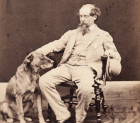
Battersea: here for every dog and cat – 165 years and still going strong
ArticleClick to view -

Planning a post-1066 thematic study
ArticleClick to view -
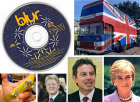
When your parents were young…
ArticleClick to view -
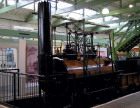
The Stockton and Darlington Railway (S&DR)
ArticleClick to view -

Using children’s illustrators as a focus for learning about ‘Past and Present’ in EYFS
ArticleClick to view -

Little coins, big histories
ArticleClick to view -

Making the most of a visit to the Museum of London Docklands
ArticleClick to view -

Teaching Robin Hood at Key Stage 1
ArticleClick to view -

Timelines in teaching history
ArticleClick to view -

Coherence in primary history: How can we get children to see that their history links up?
ArticleClick to view -

Whatever did the Greeks do for us?
ArticleClick to view -
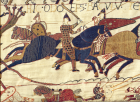
Recorded webinar: How has warfare changed over time?
ArticleClick to view -
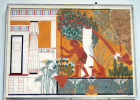
Teaching Ancient Egypt: developing subject knowledge
ArticleClick to view -

Back to basics: How might we organise historical knowledge?
ArticleClick to view -

Ancient Sumer: the cradle of civilisation
ArticleClick to view -
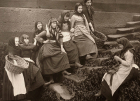
‘Come all ye fisher lassies’
ArticleClick to view -

A cultural legacy: the theatre of ancient Greece
ArticleClick to view -

Ankhu and Nebu of Deir el Medina
ArticleClick to view -
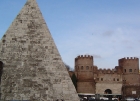
‘Miss, did the Romans build pyramids?’
ArticleClick to view -

Developing early history skills and understanding through the EYFS
ArticleClick to view


